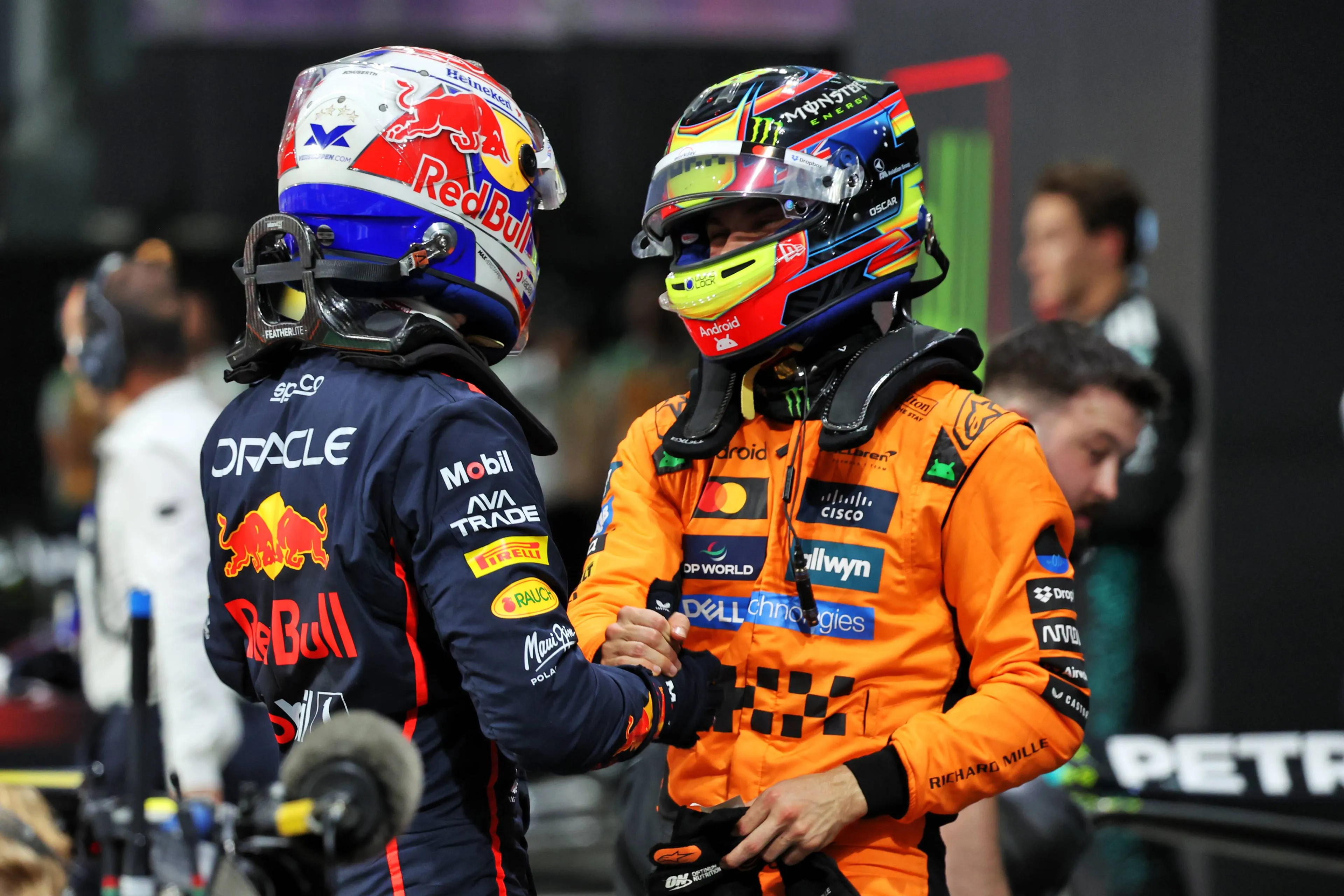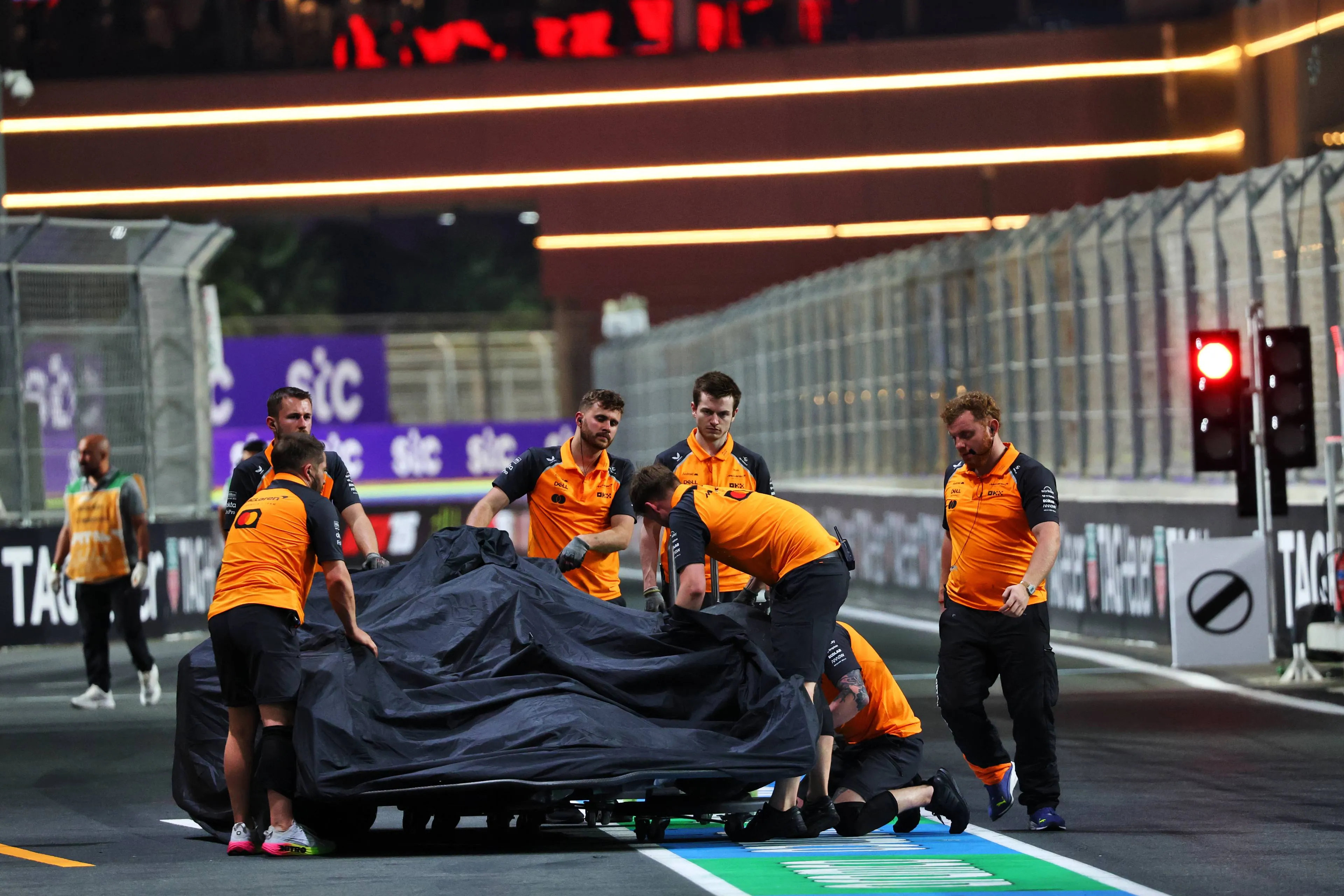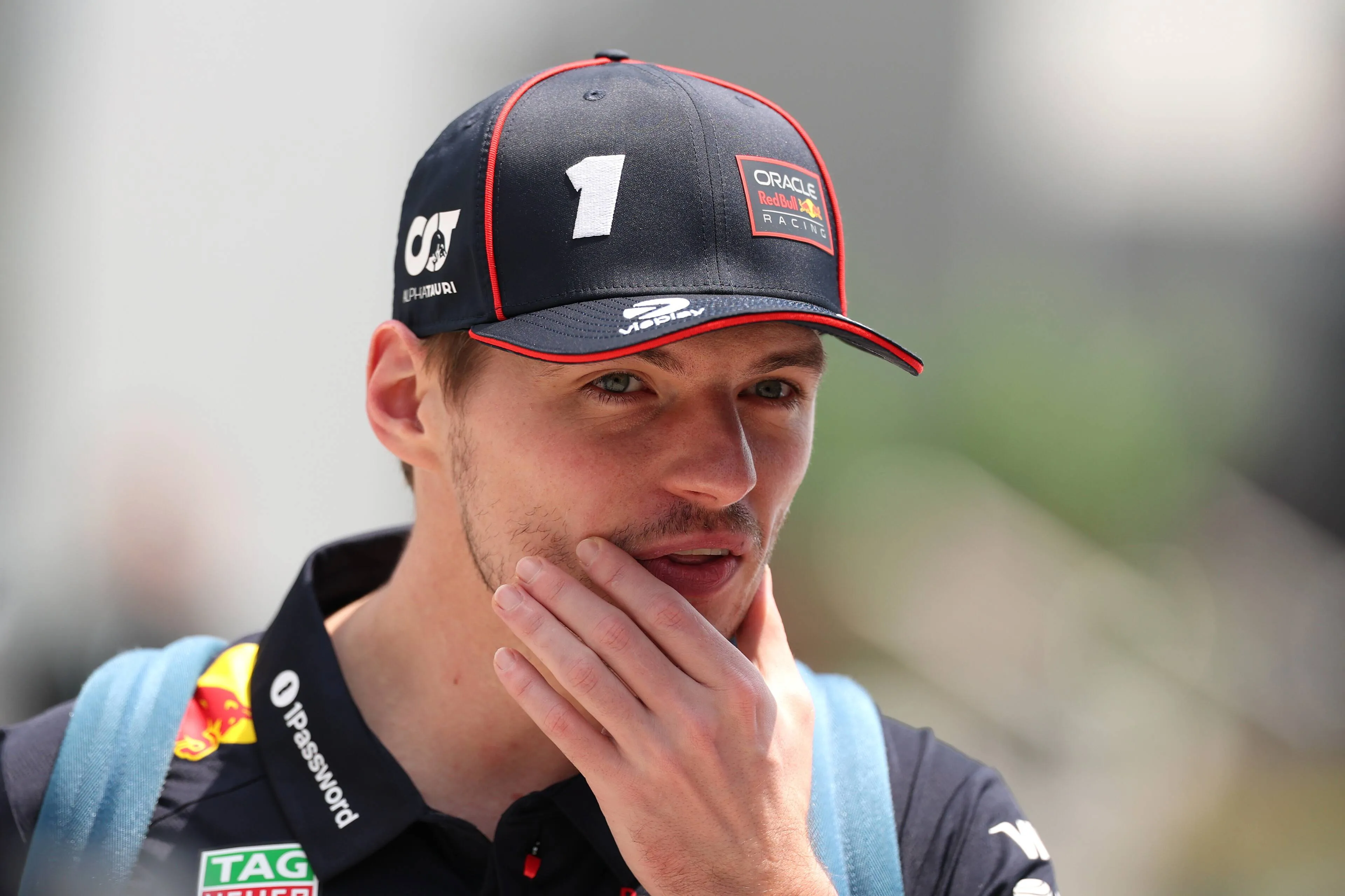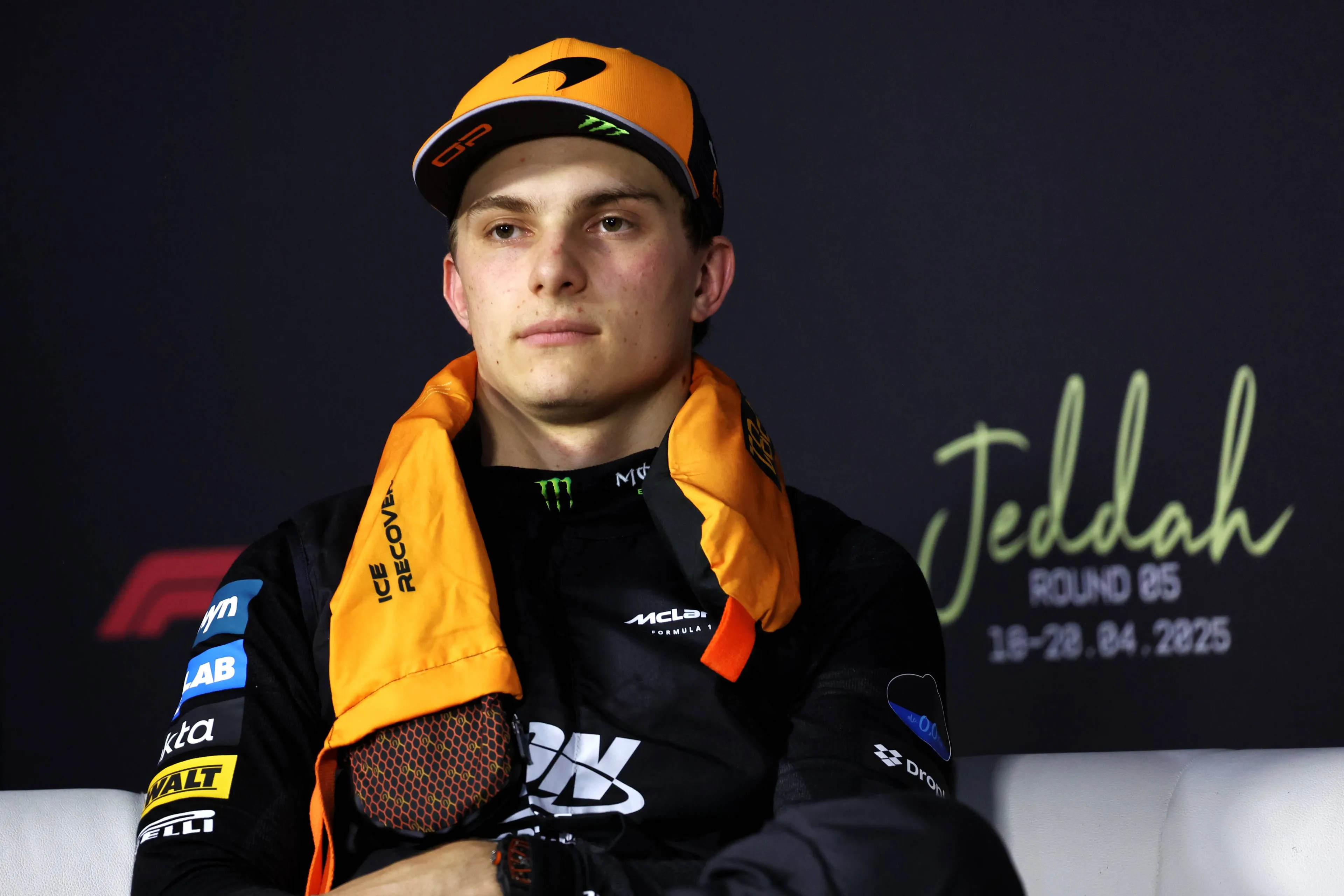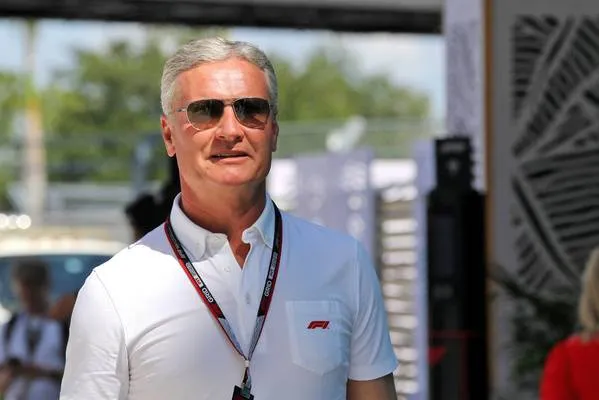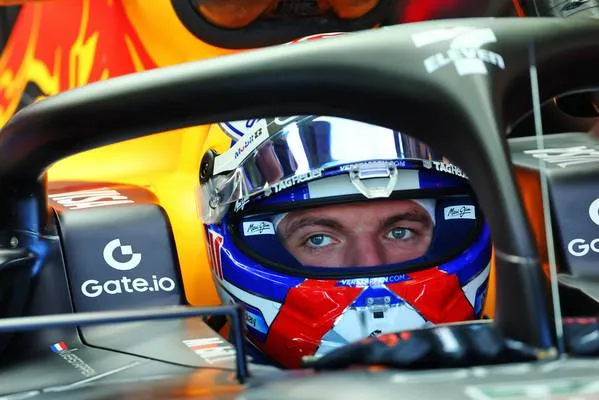Hello once again and welcome to GPBlog’s countdown of the top 50 F1 drivers of all time. It may be Monday, but at least we’re one day closer to the start of the 2020 F1 season, with just 34 days to go until the F1 season gets underway! So let’s continue on our countdown, yesterday was all about Jean Alesi but today we’re talking about one of his former teammates, Gerhard Berger.
Berger made his debut with backmarkers ATS towards the back end of 1984, finishing sixth in Italy although he was ineligible for points.
He got his first full time drive in F1 the next season, when he raced for Arrows. It was a similar story to his time at ATS, as the Austrian only managed to score points at the final two races.
His performances did earn him a move to Benetton however, where things started looking up. He generally qualified well but was let down by reliability.
When his car allowed, Berger was quick and he got to show his speed at the penultimate race of the season in Mexico. He won the race ahead of the likes of Alain Prost, Ayrton Senna and Nelson Piquet, securing Benetton’s first victory as well.
For 1987 he made a move to a fourth team in as many years as Ferrari gave him a drive and after a season plagued by reliability issues he took victory in the final two races of the year and scoring more than double the points of his teammate Michele Alboreto, who was in his fourth year at the team.
Berger once again outperformed Alboreto in 1988, taking an emotional win at Monza just weeks after Enzo Ferrari passed away. The season was dominated by McLaren, who won every other race but a win in front of the tifosi made Berger a hero to them.
The 1989 Ferrari was horribly unreliable, with Berger failing to finish in all but three of the races, retiring with gearbox issues on seven of those occasions.
When he did complete the race however, he performed well, winning in Portugal and finishing second in Italy and Spain. With new teammate Nigel Mansell also scoring well when not retiring, 1989 is a year of what could’ve been for the Scuderia.
He joined McLaren the season after, playing number two to the great Ayrton Senna and regularly appearing on the podium as he helped McLaren retain the constructors’ title.
He won three races over the next two years before returning to Ferrari, although by then both he and the team were on the way down.
He joined Benetton in 1996 as Michael Schumacher went the other way and joined Ferrari, but Benetton weren’t the force they were in previous years with Schumacher and they struggled, with Berger scoring just two podiums.
1997 was to be his last year in F1 and he took victory in one final race, the German Grand Prix of that year. Amazingly, it was also Benetton’s last victory, meaning Berger’s first and last Grand Prix wins were the same as Benetton’s.
Berger was a consistent and reliable, he would challenge for wins when he could but was often let down by his machinery. He played the perfect team role at McLaren with Senna and his longevity cannot be ignored, 210 Grand Prix entries is still huge, even by today’s standards.
Read more about:
Popular on GPBlog
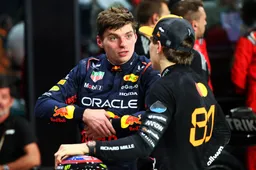
1
Norris crash gave Lambiase crucial idea says Max: 'It was the right call'
1214 times read
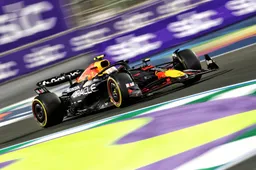
2
F1 Live | Follow Qualifying for the 2025 Saudi Arabian Grand Prix!
851 times read

3
Max Verstappen flies to pole in Jeddah, Norris crashes out!
775 times read

4
Marko makes striking statement after Verstappen's pole: 'McLaren bluffed quite a bit'
769 times read





